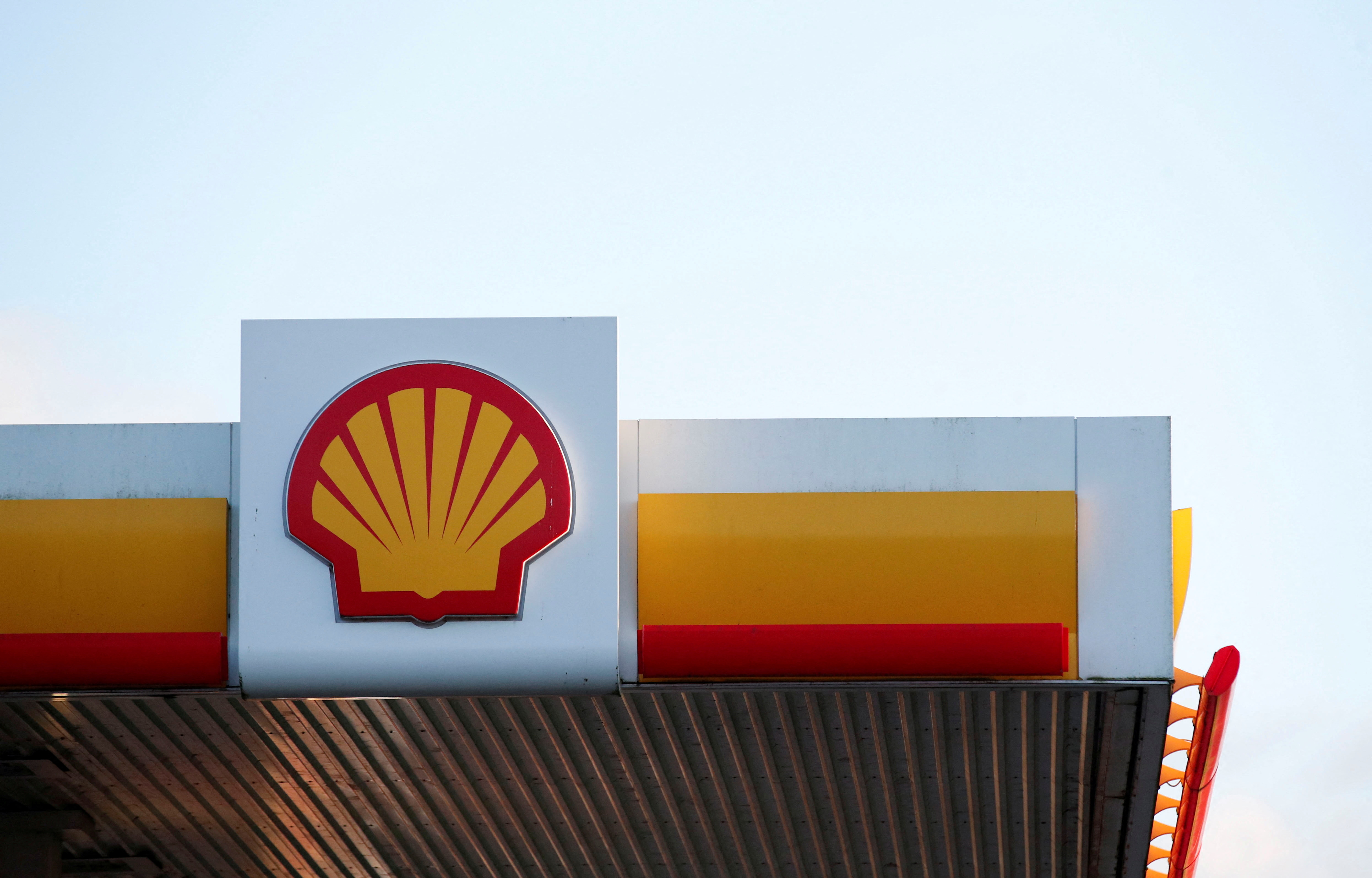Big Oil walks away after decades and billions invested in Russia
Sign up now: Get ST's newsletters delivered to your inbox

Shell first got involved in the Sakhalin project to develop gas reserves in Russia's remote far east in the early 1990s.
PHOTO: REUTERS
Follow topic:
LONDON (BLOOMBERG) - First BP, then Shell. In just two days, Britain's twin energy giants have dumped Russian investments nurtured over decades and shut themselves out of the world's largest energy exporter, probably forever.
Shell's move on Monday (Feb 28) to exit a stake in the Sakhalin-2 liquefied natural gas (LNG) project, an investment that dates back to the Yeltsin era, follows BP's announcement on Sunday that it will walk away from a holding in Russia's state oil producer, Rosneft.
Their decisions put pressure on remaining foreign investors, including Exxon Mobil and France's TotalEnergies to follow suit as Russia's war in Ukraine forces a dramatic rupture with the global economy.
The departures will be quickly felt on both sides. Russia's state energy companies will lose partners that brought capital alongside commercial and technical expertise, while BP and Shell will write down billions of dollars in the value of their investments. The moves also mark the end of a longer story: Big Oil's quest for riches in the post-Soviet energy industry, which offered access to some of the world's largest and most lucrative reservoirs.
In the chaotic years after the fall of the Soviet Union, executives including BP's then chief executive John Browne sought profitable deals with a weak Russian state. Before Russia first signalled its rift with international norms by annexing Crimea in 2014, Shell was talking about expanding Sakhalin, BP plotted joint ventures with its new partner Rosneft and Exxon planned one its largest-ever investments to drill in the Arctic Ocean. Those ambitions, already curtailed by existing economic sanctions and the industry's emphasis on cash over growth, are now history.
Russia, supplier of about 10 per cent of the world's oil and more 15 per cent of its gas, will increasingly be going it alone.
"Overnight, Russia has lost western partnerships it took decades to build," said Mr Ahmed Mehdi, an analyst at consultancy Renaissance Energy Advisors.
Shell
Shell, Britain's most valuable company, first got involved in the Sakhalin project to develop gas reserves in Russia's remote far east in the early 1990s. After being forced to sell a 50 per cent share to Russia's state-run Gazprom in 2006 - Mr Putin's government was unhappy with the easy terms won from the Yeltsin administration - the more than US$20 billion (S$27 billion) project, built to withstand the brutal Russian winter, started shipping gas to customers in Asia in 2009.
Although Shell only had a 27.5 per cent stake in the project, it was still key to the operations, leading the development and operation of Russia's first LNG project. For years, it campaigned for permission to expand the plant, but it had not convinced Moscow before the Crimea crisis ended the prospect of new investments in oil and gas.
"Our decision to exit is one we take with conviction," Shell CEO Ben van Beurden said when announcing his decision to walk away. "We cannot - and we will not - stand by."
Exxon
Exxon, yet to say anything about the future of its Russian business, operates the nearby Sakhalin-1 project, which started exporting oil in 2006. The executive who led Exxon's investment was Mr Rex Tillerson, who later became CEO and Mr Donald Trump's first secretary of state.
A big proponent of Russia's potential, Mr Tillerson had staked the oil major's growth strategy of developing giant production projects with Rosneft in the Arctic Ocean. Like Sakhalin-2's expansion, those plans were stymied by sanctions imposed after the annexation of Crimea, but Exxon had been willing to commit tens of billions in capital.
BP
BP had an even deeper involvement in Russia than either Shell or Exxon. After an initial venture faltered, the British major founded TNK-BP with a group of billionaires in 2003, creating one of the country's largest oil producers and making BP the biggest foreign investor in Russia. In 2013, it sold out to Rosneft, getting US$12.5 billion in cash and a 19.75 per cent shareholding. At the time, then CEO Bob Dudley said the deal gives BP "a wonderful opportunity to forge a new partnership with a great Russian oil company".
Mr Dudley was still on Rosneft's board until Sunday, as was his successor in the BP CEO suite, Mr Bernard Looney. They both resigned from the board, with Mr Looney adding that the war in Ukraine "has caused us to fundamentally rethink BP's position with Rosneft".
BP may be able to sell its stake in Rosneft back to the Russian explorer at a huge discount, according to people familiar with the matter. Otherwise, both BP and Shell have indicated that they might just have to walk away. Equinor, Norway's largest oil producer, has also said it will exit all its Russian business.
Attention will now turn to TotalEnergies. The French major is unique in developing a new Russia project even after the imposition of post-Crimea sanctions. It is a partner in Yamal LNG, an export project on Russia's frigid north coast that started shipments in 2017.
More recently, Russia has attracted foreign capital to help finance the development of new oil fields. Since late 2020, traders Vitol and Trafigura have both become partners in Vostok Oil, a venture to develop a swathe of untapped Siberian reserves. Neither of them has said what they plan to with their stakes.

